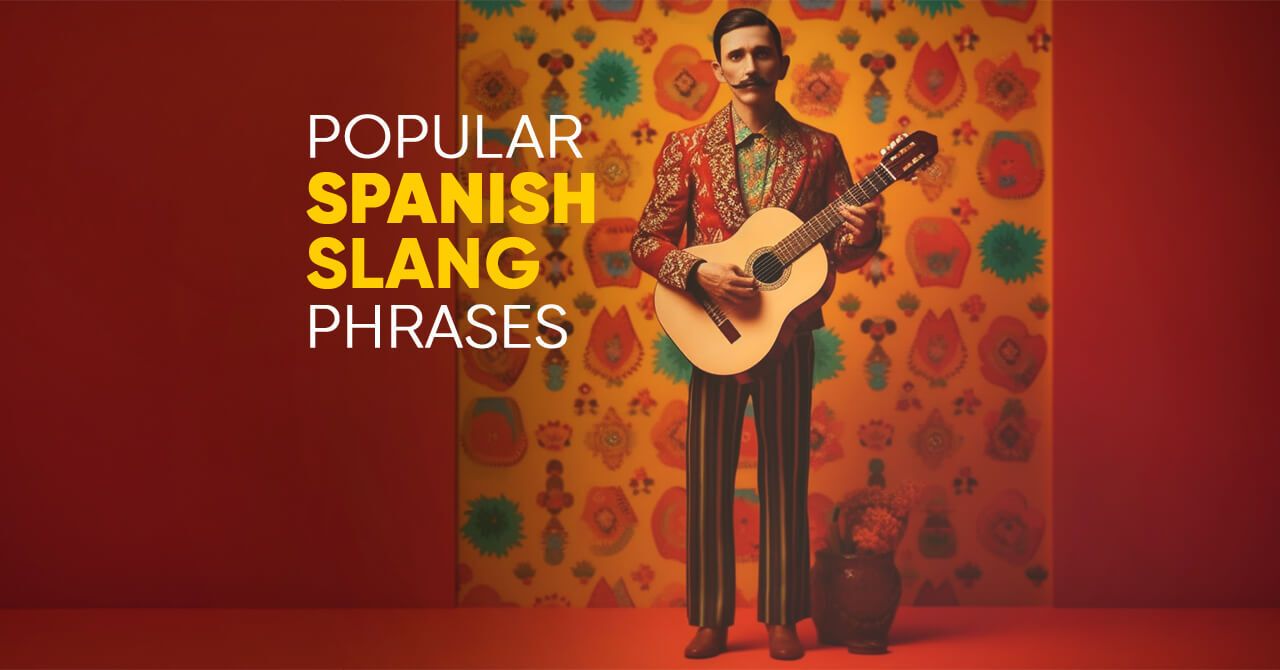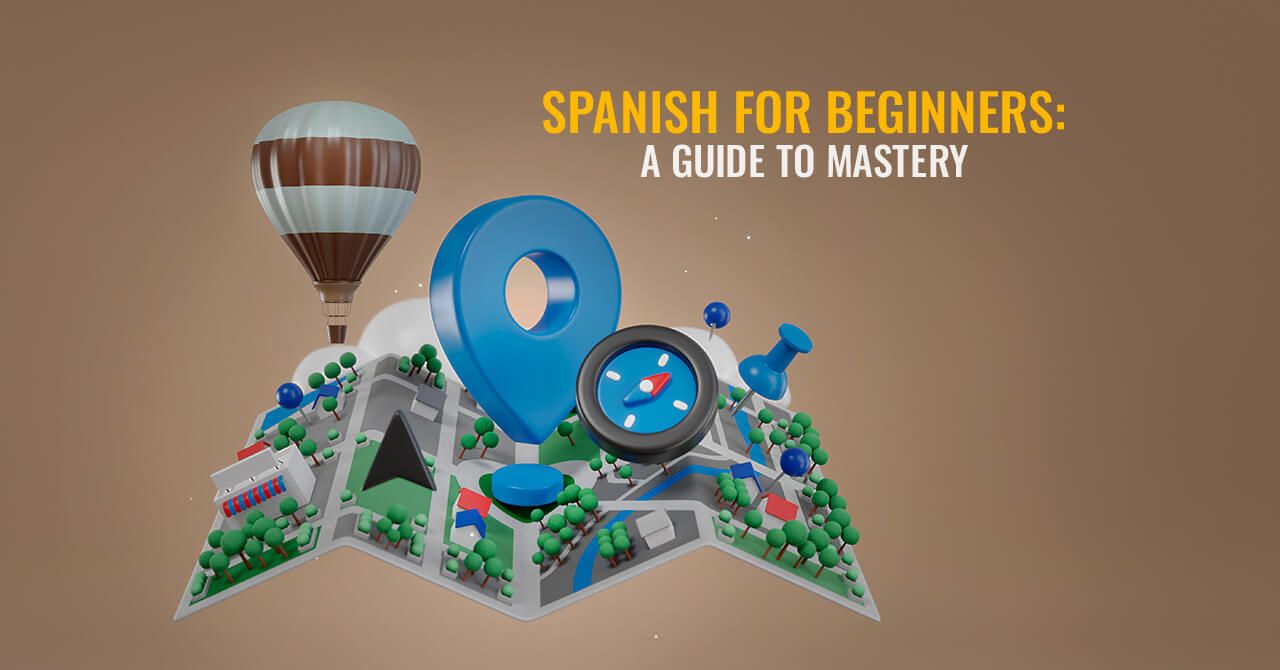
Get Familiar With These Popular Spanish Slang Words and Their Meanings
Explore these widely recognized Spanish colloquial expressions to acquaint yourself with.
The majority of conventional Spanish courses will teach you a little slang, but to aid you in blending in, increasing your vocabulary, and feeling more at ease conversing with native speakers of Spanish, we’ve compiled a collection of the popular Spanish slang and its meaning. Spanish colloquial phrases will make you sound natural, teach you about the culture that informs the language, and boost your confidence in social situations.
Conversational classes with a Spanish tutor on LiveXP will provide you the opportunity to gain knowledge of slang phrases in a natural way by using them in daily conversions. Who can help you speak like a native more than a real native speaker? 🙂 Just go to LiveXP, choose a tutor, and book your very first lesson!
Explore these widely recognized Spanish colloquial expressions to acquaint yourself with:
Vamo, let’s go!—“Let’s go”
This is a condensed form of the phrase “let’s go.” Simply put, it means moving through the crowd more quickly!
Ser la Leche—“Cool”, “Sick”
This slang can express coolness, confidence, or the awfulness of a certain thing. It can be used positively or negatively in English, like the expression “sick.”
Los viejos—“Parents”
In front of peers, youth in Spain will occasionally refer to parents as los viejos (older adults). Judging from their relationship with their parents, some may also use it to refer to their parents directly.
It’s akin to calling your grandfather “my old man” in these scenarios.
Estar como una cabra—“To be crazy”
Literal translation: “To be like a goat.”
“Estar como una cabra” is a Spanish phrase to describe someone acting weirdly and doing odd or unusual things.
This is one of the most common Spanish expressions used to describe someone who is behaving erratically or doing something out of the norm. For example, you might say it to your friend if they’re dancing at the table at a party (Lovingly, of course).
Comerse el coco—Overthink
Literal translation: “Eat one’s coconut.”
This colloquial Spanish phrase refers to a situation in which you are preoccupied with one item and think about it nonstop.
Qué pasada—Cool, amazing
Spanish translation: “What a craze.”
If you visit the country, you might frequently hear this clever saying. This suggests that a particular thing is great or hip.
Mucha mierda—Break a leg
Translation: “a lot of crap.”
There is a fascinating backstory to Mucha Mierda. When wishing actors and actresses “a lot of crap,” people were referring to the poop that waiting carriage horses would leave outside a theater while everyone inside watched a performance. A theater with many steaming piles outside indicated that it was packed and that the play was a huge hit. Nowadays, people say “mucha mierda” before exams, concerts, and other types of performances.
Cotilla—A busybody or person who gossips
This describes a person who gossips and wants to be aware of everyone’s dealings and is skilled at snooping around in areas that don’t affect them.
Ir a su bola—To do their own thing
Literal translation: “Go to their ball.”
When an individual chooses to “ir a su bola,” they will do things on their own. The meaning of this expression in Spanish is a little off-putting because it implies that the speaker is defying reason or isn’t thinking of others when they choose to do what they want.
¡Qué chilero!—Cool, very good
This adorable little Guatemalan proverb essentially refers to anything that is amenable.
Use it to express gratitude for anything you receive, including food, shopping, activities, and other things!
Conclusion
As we’ve seen, Spanish has a rich slang culture to express their thoughts on the world.
Do you want to make use of some Spanish colloquialisms terms you have learned in this article? Some can be used whenever you want, but others require more care. For instance, use caution when using slang in formal situations.
Hello! I am Moses, an expert content writer, editor, and copywriter. I have a Master's degree in journalism, media studies, and communication. I enjoy creating content.

